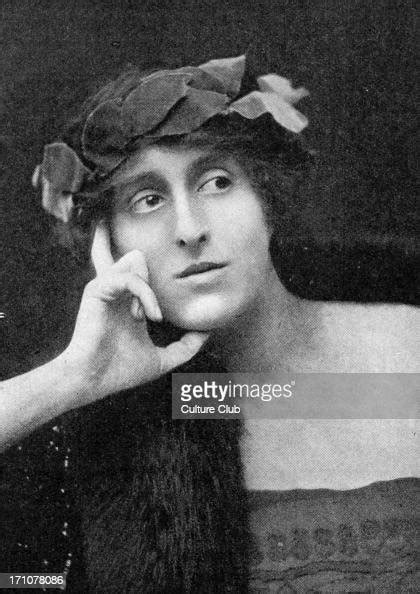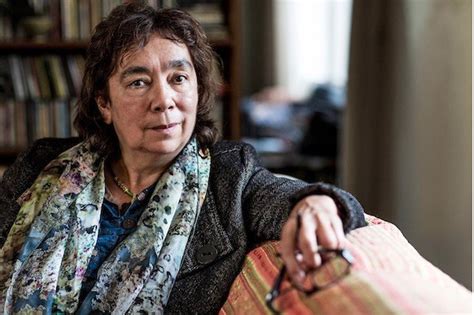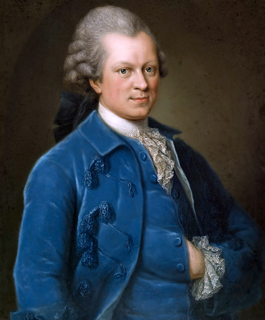A Quote by Ernest Hemingway
Imagination? It is the one thing beside honesty that a good writer must have. The more he learns from experience the more he can imagine.
Quote Topics
Related Quotes
There is no such thing as experience here. You seem to know, you imagine. Imagination must come to an end...I don't know how to put it. The absence of imagination, the absence of will, the absence of effort, the absence of all movement in any direction, on any level, in any dimension - THAT is the thing. That is a thing that cannot be experienced at all. It is not an experience.
All the unimaginative assholes in the world who imagine that Shakespeare couldn't have written Shakespeare because it was impossible from what we know about Shakespeare of Stratford that such a man would have had the experience to imagine such things - well, this denies the very thing that separates Shakespeare from almost every other writer in the world: an imagination that is untouchable and nonstop.
Wishing is the beginning of imagination. They practice wishing when they are young things, and then -when they have grown - they have a developed imagination. Which can do some harm - greed, that kind of thing - but more often does them some good. They can imagine that things might be different. Might be other than they seem. Could be better.
Constant work, constant writing and constant revision. The real writer learns nothing from life. He is more like an oyster or a sponge. What he takes in he takes in normally the way any person takes in experience. But it is what is done with it in his mind, if he is a real writer, that makes his art.
We have to think big. We have to imagine big, and that's part of the problem. We're letting other people imagine and lead us down what paths they want to take us. Sometimes they're very limited in the way their ideas are constructed. We need to imagine much more broadly. That's the work of a writer, and more writers should look at it.
The writer learns to write, in the last resort, only by writing. He must get words onto paper even if he is dissatisfied with them. A young writer must cross many psychological barriers to acquire confidence in his capacity to produce good work-especially his first full-length book-and he cannot do this by staring at a piece of blank paper, searching for the perfect sentence.
Henry Corbin creates the world - most of all his examination of the imagination and what the imagination was for him. Some philosophers would think of the imagination as a synthetic ability, how you put different things together. Artists more think of the imagination as creativity. So I really like the way that he presents the imagination as a faculty that allows one to experience worlds that are not exactly physical but are real nonetheless.






































